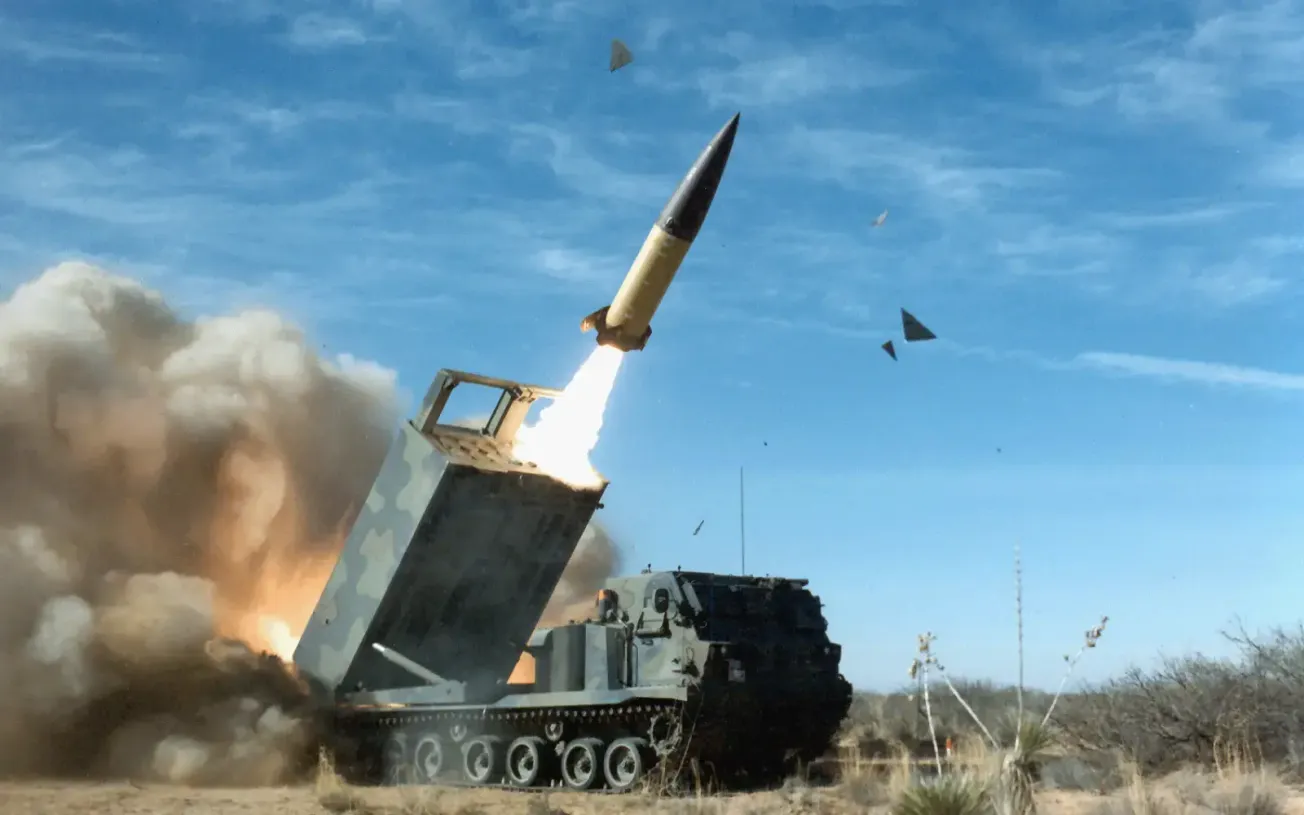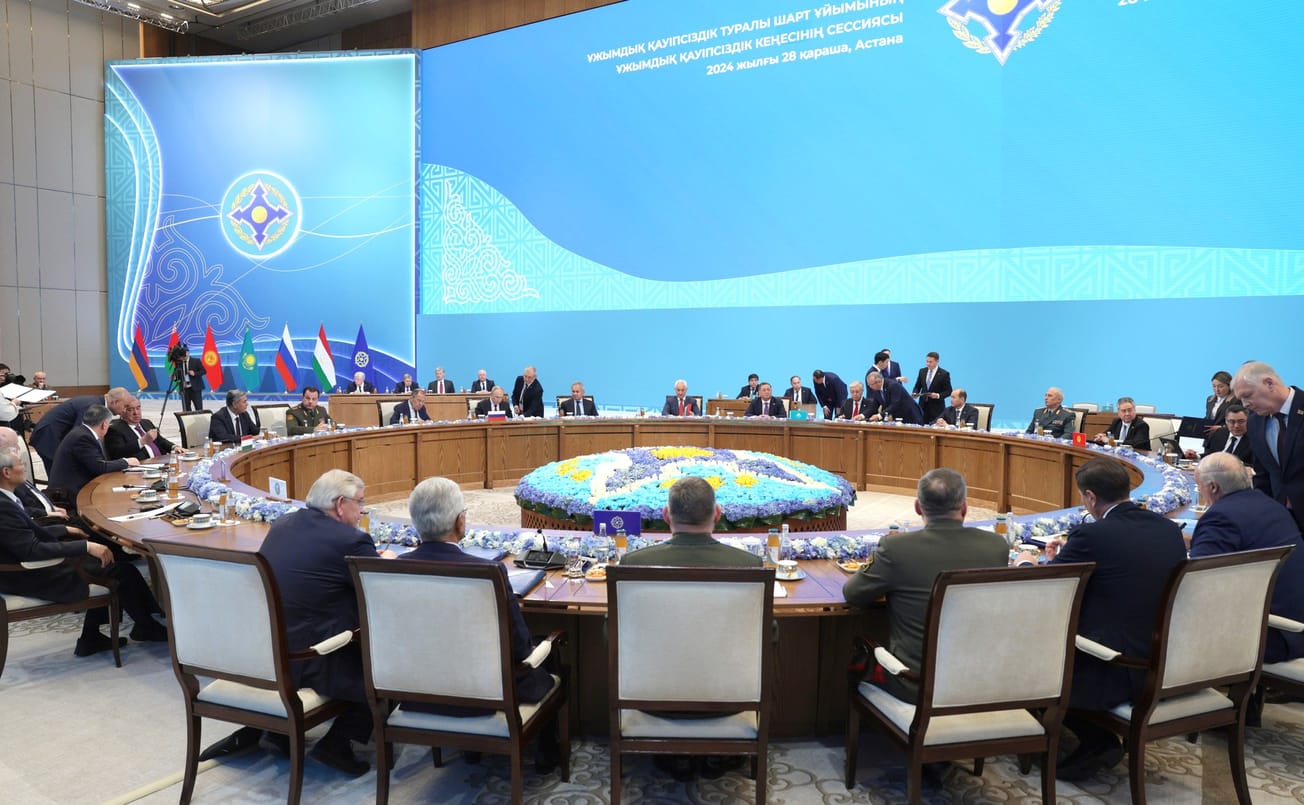Kremlin press spokesman Dmitry Peskov told reporters in Moscow this morning that “it would be also wrong to play down the importance of this meeting,” even though is “unlikely that just from the very first meeting, the parties will find common ground on the issues causing deep divisions,” TASS reported. Peskov specified that “the important thing is that the Presidents will have a chance to exchange views and compare their positions on issues of mutual interest, which are important for the entire world. Those include strategic stability and arms control issues.”
Foreign Minister Sergey Lavrov had similarly told reporters yesterday that the frank but respectful discussions held to prepare the summit between himself and Secretary of State Tony Blinken, and between the two top national security officials, Nikolai Patrushev and Jake Sullivan, “allows us to hope that establishing a serious and concrete dialogue on practical, not feigned, problems, common threats and risks will enable us to count (if both sides make efforts) on the removal of certain irritants. This will be neither quick nor easy,” he cautioned. There are “serious and deep differences” between the two nations on international and bilateral matters.
White House Press Secretary Jen Psaki’s remarks at the May 25 press briefing were similar in tone. She said the Administration expects that “a fair amount of time” in the Biden-Putin summit will be spent discussing “strategic stability, where the arms control agenda goes following the extension of New START,” and that Biden will raise the question of Ukraine and Belarus. Washington expects “difficult conversations,” but views the talks “as an opportunity to move … toward a more stable and predictable relationship with Russia,” she said. She also reported that since it is still three weeks away, “there could be a range of issues that could be discussed” by the two Presidents.




